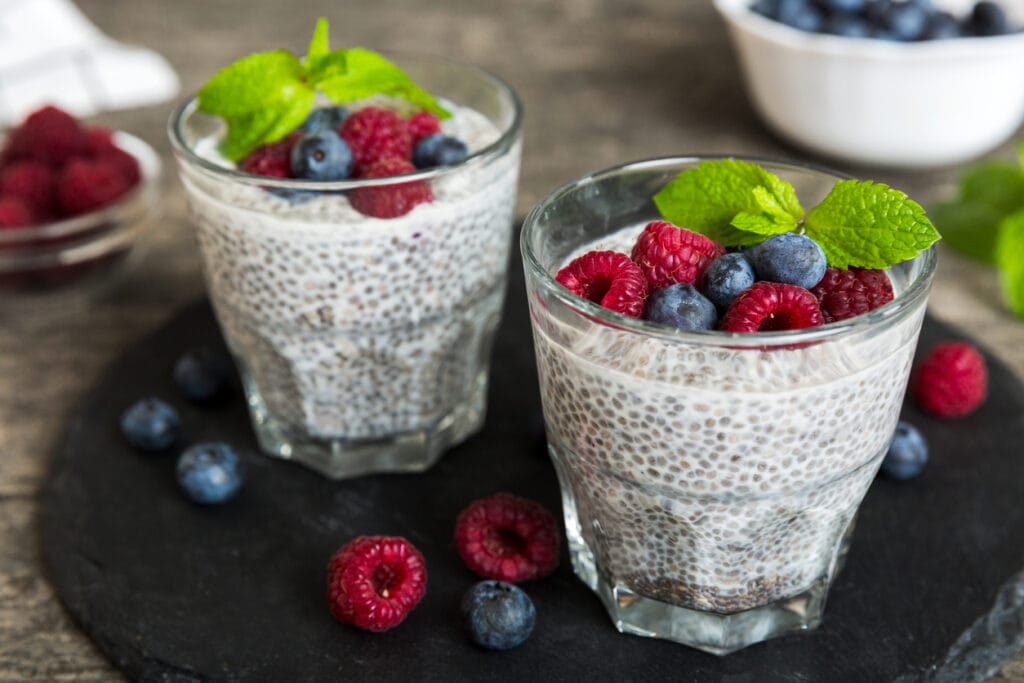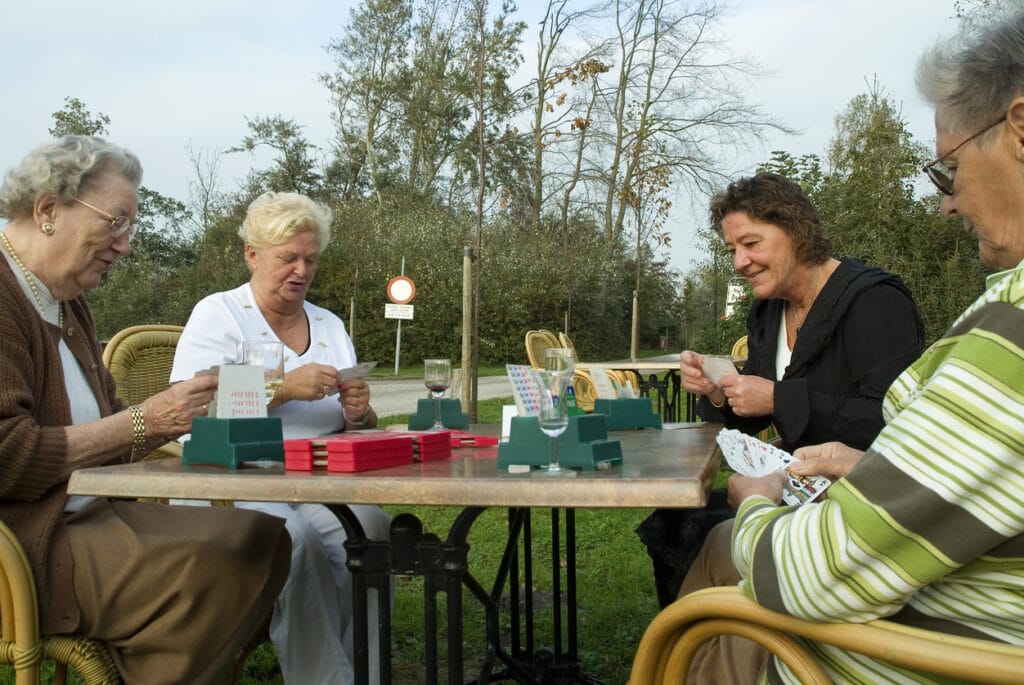Caring for seniors with Alzheimer’s disease requires a thoughtful approach to nutrition and lifestyle. A well-balanced diet can support brain health, potentially slow cognitive decline, and enhance the quality of life for those with Alzheimer’s. By understanding the impact of Alzheimer's and adopting brain-healthy dietary habits, caregivers can make a significant difference in the lives of their loved ones.
Essential Dietary Approaches
- Provide a Balanced Diet:
Offer a variety of foods including vegetables, fruits, whole grains, low-fat dairy, and lean proteins. These foods provide essential nutrients that support overall health and cognitive function. - Include Antioxidant-Rich Foods:
Antioxidants help reduce oxidative stress and inflammation linked to Alzheimer’s. Include foods like berries, leafy greens, nuts, and seeds in meals. These can help protect brain cells and support cognitive health.



- Incorporate Healthy Fats and Omega-3s:
Healthy fats, especially Omega-3 fatty acids, are vital for brain health. Include fish (salmon, mackerel), flaxseeds, walnuts, and chia seeds in the diet. These fats help maintain cognitive function and overall brain health.



- Focus on Whole Grains and Fiber:
Whole grains and fiber help regulate blood sugar and provide sustained energy, which supports cognitive function. Foods like oatmeal, brown rice, quinoa, and whole wheat products are great options.



- Limit Refined Sugars and Processed Foods:
Refined sugars and processed foods can increase inflammation, which may harm cognitive health. Opt for natural sweeteners like fruit or juice-sweetened baked goods. In later stages, if appetite is an issue, a little added sugar may encourage eating. - Control Sodium Intake:
Excess sodium can affect blood pressure and overall health. Use herbs and spices instead of salt to flavor food. Reducing sodium helps maintain overall well-being. - Encourage Hydration:
Dehydration can affect cognitive function. Offer small cups of water or other fluids throughout the day. Foods high in water content, like fruit, soups, and smoothies, can also help keep seniors hydrated.

How Seniors Can Stay Hydrated During Summer
Hydration is critically important for maintaining the health and well-being of our elderly loved ones, especially during the hot summer months.
Practical Tips for Mealtimes
- Create a Calm and Comfortable Environment:
Serve meals in a quiet setting, away from distractions. A simple table setting can help reduce confusion. Use plain-colored plates that contrast with the tablecloth to make food easier to see and distinguish. - Offer One Food Item at a Time:
To avoid overwhelming the person, serve one or two food items at a time. This can make it easier for them to focus on eating without feeling confused. - Be Flexible with Food Preferences:
Seniors with Alzheimer’s may develop new food preferences or reject foods they used to enjoy. Be adaptable and willing to try different foods to find what they like. - Encourage Independence:
Whenever possible, allow the person to feed themselves. Use adaptive utensils and dishes, like bowls with rims or plates with protective edges, to make eating easier. Finger foods can also be a good option. - Monitor Food Temperature:
Seniors with Alzheimer's may not be able to judge the temperature of food and drinks. Always check to ensure food is not too hot before serving.
Addressing Common Challenges
- Decreased Appetite:
If appetite decreases, try preparing favorite foods or offering several small meals instead of three large ones. Physical activity can also help stimulate appetite. - Swallowing Issues:
Serve soft foods or those that are easy to chew and swallow, like applesauce, scrambled eggs, or cottage cheese. Avoid foods that could cause choking, and be vigilant about swallowing difficulties.
Additional Lifestyle Tips
In addition to a brain-healthy diet, encourage regular physical activity and social engagement. Activities like walking, light aerobics, or even gardening can boost blood flow to the brain and help maintain cognitive function. Social meals can also encourage eating and provide emotional comfort.

Engaging Outdoor Activities for Seniors with Dementia to Enhance Cognitive Health
We recognize the profound significance of integrating outdoor activities into the lives of our elderly loved ones, especially those grappling with dementia.
Tools and Resources for Alzheimer’s Caregivers
- Alzheimer's Association:
The Alzheimer’s Association offers information, support, and resources for caregivers, including online communities where caregivers can share experiences and get advice. - My Plate for Older Adults:
Access resources from Tufts University on the unique nutritional and physical activity needs of aging adults. This can guide maintaining a healthy diet. - Meals on Wheels:
Meals on Wheels provides free, home-delivered meals for seniors, ensuring they receive nutritious food even if they cannot cook or shop for themselves. - Consult Healthcare Professionals:
Regular check-ups with doctors, dietitians, and nutritionists can help create a dietary plan that meets the specific needs of your loved one, providing tailored advice and support. - Take ALL's Senior Care Needs Assessment:
If you have concerns about your loved one’s safety or well-being, consider using our free Senior Care Needs Assessment Tool. This tool provides a personalized recommendation on whether it might be time to explore senior living options. To begin, fill out the form below and complete the questions on the following screens.





